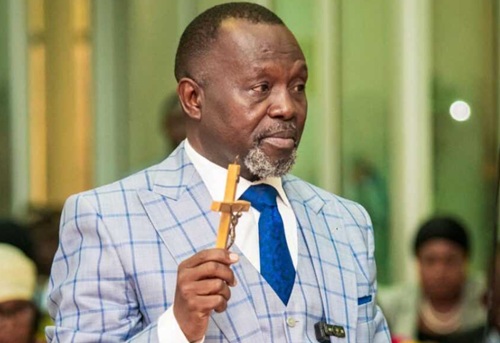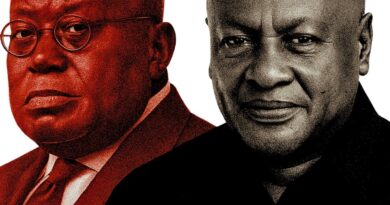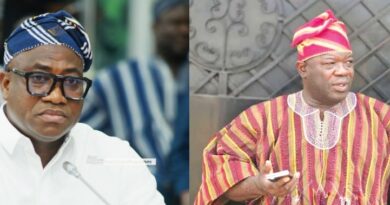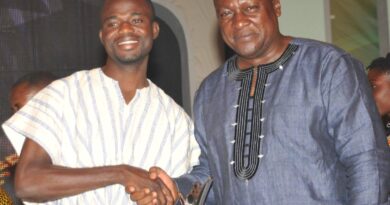Politics and the law: Duffuor walks free, nation questions justice

Politics and the law collided when the Attorney-General ended the prosecution of Dr. Kwabena Duffuor and seven others. Ghanaians watched in disbelief as the State stepped back from one of the biggest financial cases in recent memory.
At the heart of it lies the collapse of UniBank, a private institution that once held GH¢5.7 billion in deposits. Allegations included theft, money laundering, and causing financial loss to the State. Yet, the government has now filed a nolle prosequi, ending the case after recovering 60 percent of the missing funds.
This legal maneuver sent shockwaves across the country. While the Attorney-General cited high litigation costs and the goal of recovering public funds, the move raised more questions than answers. If wrongdoing existed, why halt prosecution? If innocence was likely, why use vague language?
The contradictions could not be sharper. The State admits the possibility of misconduct yet refuses to seek a verdict. Meanwhile, the public sees justice drifting into uncertain waters.
Beyond legal arguments, lives were shattered. Thousands of Ghanaians lost savings, businesses collapsed, and trust in banks eroded. According to Yomboi et al. (2021), the collapse caused deep financial and emotional trauma for affected customers.
These victims now ask whether their suffering was traded for convenience. Is financial recovery enough to erase wrongdoing? Or worse, has Ghana introduced a dangerous new precedent—refund part, and walk free?
While GH¢3.42 billion has been returned, GH¢2.28 billion remains unaccounted for. That missing money could transform Ghana’s future. It could build roads, train teachers, install clean water systems, or power irrigation farms. Its absence is a national loss, not just a numerical gap.
This decision also rekindles long-standing fears about political interference in the justice system. One administration drops charges. The next might resurrect them. As prosecutions swing with political tides, confidence in impartial justice continues to erode.
When justice appears to serve the powerful but abandon ordinary citizens, the rule of law becomes unstable. Public trust suffers. Governance weakens. Ghana’s credibility suffers—not just at home, but abroad.
By closing this case without trial, the State has left more than money unrecovered. It has left behind doubt, confusion, and anger. Even worse, it has handed future offenders a possible script: mismanage funds, return a fraction, and avoid consequences.
This outcome forces Ghanaians to confront uncomfortable truths. Are we building a justice system that protects the people or shields the elite? Do laws still matter when politics enters the courtroom?
In the end, the case may be over on paper. But in public opinion, it remains open. And until real justice is seen to be done, Ghanaians will continue to ask—whose justice counts?




